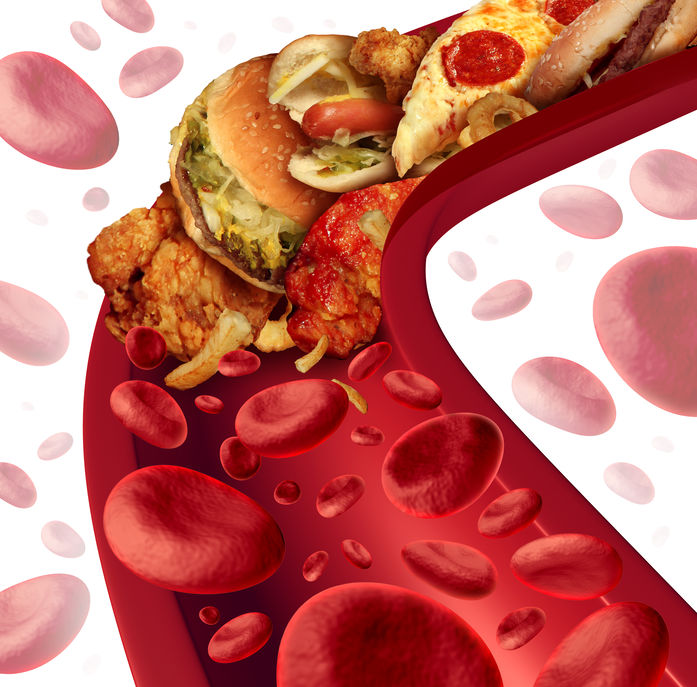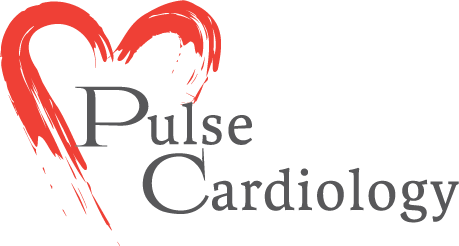What is Acute Coronary Syndrome and its Causes?
Not just advancing age, but lifestyle habits can be a clear cause for any kind of common diseases. Acute coronary syndrome is one such disease that can cause severe problems for anyone afflicted.

What is Acute Coronary Syndrome?
In simple terms, it is when the arteries or conduits allowing blood flow to the heart get constricted. The most commonly occurring and well-known instance of this syndrome is a heart attack, or a myocardial infarction. When cell death results in damaged or destroyed heart tissue, myocardial infarction occurs. Even if cell death is not on the list, acute instances of the syndrome can change the way the heart functions, steadily dropping the efficiency of the cardiovascular system and increasing the risk of having a heart attack.
Symptoms of Acute Coronary Syndrome
Often preceded by chest pain or discomfort, acute coronary syndrome demands immediate attention in terms of prompt diagnosis and medical care. The primary treatment and care go into increasing the rate of blood flow to prevent future complications. Apart from just pain in the chest area, the following are the most common symptoms of acute coronary syndrome:
- The chest pain is often described as aching, pressure, tightness or burning
- The pain is often described as spreading from the chest to the shoulders, arms, upper abdomen, back, neck or jaw
- Indigestion
- Sudden and heavy sweating
- Shortness of breath
- Unusual or unexplained fatigue
- Lightheadedness, dizziness or fainting
- Feeling restless or apprehensive
- Nausea or vomiting
Please Note: Chest pain and discomfort might not be the early indicators if you’re a woman, older adult or suffer from diabetes. You might experience the other symptoms instead.
Causes of Acute Coronary Syndrome
While medical conditions can lead to acute coronary syndrome, lifestyle habits contribute in a major way for most adults to be suffering this illness. The arteries and blood vessels that deliver blood flow to the heart muscles need to be at their healthiest in order to function properly. When the arteries get constricted due to buildup of fatty deposits in their walls, the blood flow
drops, and the symptoms start to evolve. Blood is a very vital fluid that conveys oxygen and nutrients to muscles. Gradually as plaque forms inside the walls of the blood vessels, blood flow rate is decreased. In worst conditions, if such a plaque ruptures, a blood clot is formed that obstructs blood flow completely. As the oxygen supply to the heart is obstructed, cells of the heart muscles can die or function below their required efficiency. This lessening efficiency could be temporary or permanent. We’re listing some of the lifestyle habits that can count as culprits towards causing or aggravating acute coronary syndrome –
- Cigarette smoking
- Lack of physical activity
- Unhealthy diet
- Obesity or overweight
Yes, if you have a family history of heart problems, it is better to be extra careful. In the case of high blood pressure, and blood cholesterol, it is much easier to avoid the risk of a heart attack provided you follow good diet and exercise plans.

